Inhaltsverzeichnis
Everything about HHC (Hexahydrocannabinol)
Hexahydrocannabinol, or HHC for short, is another cannabinoid of the hemp plant that was discovered in the 1940s. Unlike the well-known CBD, HHC can cause intoxicating effects.
Cannabinoids such as CBD and THC are used as natural, effective support for a variety of ailments. While CBD has been classified as safe and well-tolerated by the World Health Organization (WHO), THC is classified as a controlled substance in many countries due to its intoxicating effects. Therefore, alternatives to THC are being sought - one of these could be HHC.
What is HHC?
HHC is a naturally occurring cannabinoid from the hemp plant. HHC is already established in the USA, but is still relatively unknown in Europe. HHC was discovered in 1940 by the American chemist Roger Adams, but has received little attention due to its low concentration in the hemp plant. Most HHC is produced synthetically because the natural quantities are not sufficient to extract it economically.
Like THC, HHC binds to the cannabinoid receptors in our brain and exerts its intoxicating effect there. Many young people share their experiences with HHC on the social media platform TikTok. It is said to get you high quickly, produce cannabis-like effects and taste like THC. Undesirable effects are also described: dizziness, nausea, vomiting, a strong dry cough and the feeling of no longer being fully with yourself.
Possible advantages and disadvantages of HHC
Advantages
- Therapeutic effects : May have similar effects to THC.
- High stability : Improves durability and is less susceptible to degradation by light or heat.
Disadvantages
- Little research : There are few scientific studies on HHC.
- Little application experience : So far there is only limited user experience.
- Intoxicating effect : HHC has a psychoactive effect and is addictive.
- Side effects : Side effects may occur, including dizziness, nausea, vomiting and severe dry cough.
- Synthetic production : HHC is often produced synthetically and may contain toxic residues.
- Legal grey area : In some countries, HHC is on the list of psychoactive substances.
Is HHC the same as THC?
Both HHC-P and THC are highly effective psychoactive cannabinoids. Compared to THC, the best-known cannabinoid, HHC-P is described in user reports as being around ten times more potent. This potency refers not only to the intensity of the effect, but also to its duration. This means that even small amounts of HHC-P can have extremely strong effects on the body and mind.
How is HHC different from CBD?
CBD has been classified by the WHO as safe and well tolerated and does not have an intoxicating effect. In contrast, there are hardly any studies on HHC. Due to its psychoactive effects and the unclear legal situation, HHC should be viewed with skepticism.
| Comparison | CBD | HHC |
|---|---|---|
| secure | Yes | No |
| availability | Yes | Not regulated by law |
| Intoxicating | No | Yes |
| Research | Yes | No |
| addictive potential | No | Yes |
| Naturally | Yes | Only in small quantities, mostly synthetic |
CBD products as a safe alternative
Cannabidiol, or CBD for short, is a proven cannabinoid that occurs naturally in the hemp plant. Numerous studies demonstrate its positive effects on well-being. High quality standards and gentle manufacturing processes enable the production of particularly high-quality organic CBD oils.
How is HHC produced?
HHC is produced in the laboratory through hydrogenation. In a pressure vessel, the molecular composition of natural cannabinoids is broken down and replaced with hydrogen. This chemical process allows the conversion of CBD or THC into HHC. The quality of synthetic production can vary, and residues of metals such as nickel or palladium may remain in the final product.
HHC is found in small amounts in the flowers of the cannabis plant and can be extracted from them in the laboratory. However, this is complex and expensive. This is why most HHC is produced synthetically. However, HHC is often marketed as a "natural cannabinoid".

9R HHC and 9S HHC
Within the world of HHC, there are two specific molecular variants: 9R HHC and 9S HHC. These two variants differ not only in their chemical structure, but also in their effects and their binding affinity to cannabinoid receptors.
What are 9R HHC and 9S HHC?
After the synthesis of HHC, there are two main variants of the molecules: 9R HHC and 9S HHC. Although both variants have similar chemical structures, they differ in the spatial arrangement of their atoms. These differences in stereochemical structure affect the way they interact with the cannabinoid receptors in the body.
-
9R HHC : This variant of HHC is said to naturally bind to cannabinoid receptors. The binding is often stronger and more stable, which can lead to more intense and longer lasting effects. 9R HHC is therefore often considered the more "active" variant.
-
9S HHC : In contrast, 9S HHC binds less efficiently to the cannabinoid receptors. This means that it may have a weaker or shorter lasting effect. The activity of 9S HHC therefore tends to be lower compared to 9R HHC.
Influence of the 9R HHC and 9S HHC ratio on the effect
The ratio of 9R HHC to 9S HHC in an HHC product significantly influences its effects. When manufacturing HHC, it is therefore important to control this ratio to ensure a consistent and desired effect.
-
Higher 9R HHC content : A product with a higher 9R HHC content may have a stronger psychoactive effect that may be more intense and longer lasting. This is often desired when a potentially stronger effect is sought.
-
Higher levels of 9S HHC : Products containing higher levels of 9S HHC may have a milder effect, which may be more pleasant or suitable for some consumers.
Importance in Manufacturing and Laboratory Reporting
Our lab reports provide detailed information on the ratio of 9R HHC to 9S HHC. We take great care to ensure the highest possible level of active 9R HHC in our products. This is because 9R HHC is considered the more potent variant and we want to provide our customers with consistent and potent results.
Influence of the source plant and production quality
The activity of the HHC molecules depends not only on the chemical structure, but also on the quality of the source plant and the manufacturing process. Natural organic hemp is an ideal basis for the production of HHC. It not only ensures greater purity, but also a better consistency of the end products.
-
Natural Organic Hemp : Organic hemp is grown without the use of pesticides or synthetic fertilizers, resulting in a higher quality of the plant used. This, in turn, can improve the quality and consistency of the HHC product.
-
Manufacturing Process : The process by which HHC is synthesized plays an essential role in ensuring that the ratio of 9R HHC to 9S HHC is optimized. A precise manufacturing process is crucial to achieving the desired effects and guaranteeing the quality of the product.
The two variants of HHC, 9R HHC and 9S HHC, have different effects and binding properties that affect the overall effects of HHC products. A higher proportion of 9R HHC may result in a stronger and longer lasting effect, while a higher proportion of 9S HHC may produce a milder effect. When manufacturing HHC products, it is important to consider the ratio of these molecules and to pay attention to high-quality source plants and precise manufacturing processes.

effect of HHC
HHC (hexahydrocannabinol) has established itself as an alternative to THC in the world of cannabinoids. More and more consumers are interested in the effects of HHC and how it compares to THC.
How does HHC work?
HHC is psychoactive and is often compared by users to the effects of THC. The psychoactive effects of HHC cause users to feel "high", similar to THC, but the effects are described as slightly milder. The exact nature of the effects can vary from person to person, depending on sensitivity and dosage.
How long does HHC last?
The duration of action of HHC can vary greatly and depends on several factors:
- Form of consumption : Whether HHC is consumed as hash, edibles or by vaporization (vape) influences how long and how intense the effects last.
- Dosage : Higher doses usually result in longer and more intense effects.
- Individual factors : Body weight, metabolism and tolerance to cannabinoids also play an important role.
Typically, the effects of HHC can last between two and six hours, with peak effects often achieved within the first one to two hours.
What is the HHC hash effect?
The effects of HHC Hash are often compared by users to those of THC Hash, but are described as being slightly milder. HHC Hash can provide a relaxed, euphoric feeling without reaching the same intensity as THC. Many users appreciate this milder effect as it provides a relaxing experience without being too overwhelming.
What is the effect of HHC Edibles?
HHC edibles, such as gummy bears, have a similar effect to THC edibles, but also in a milder form. The effects usually take a while to take effect, often after 30 to 60 minutes. Once consumed, the effects can be more intense and longer lasting than other forms of consumption. This makes HHC edibles a popular choice for those looking for a long-lasting and stable effect.
What is the effect of HHC Vape?
The effects of HHC vapes are usually fast and intense, similar to THC vape products. Due to the rapid absorption through the lungs, the effects can be felt within a few minutes. HHC vapes are often described as less intense than THC vapes, but caution should still be used to avoid overdosing.
How does HHC Vape work?
HHC Vape works by inhaling HHC vapor, which quickly enters the bloodstream and produces an immediate effect. This rapid effect makes HHC Vape particularly attractive to those seeking instant relief or relaxation. However, it is advisable to start with a low dose to test your tolerance.
What is the effect of HHC gummy bears?
The effects of HHC Gummies are very similar to those of HHC Edibles. Because they are taken orally, the effects take longer to kick in, but they can also last longer. Many users report a relaxing, euphoric effect that is mild but still noticeable. Because the effects are delayed, patience is required before considering another dose.
What is the effect of HHC flowers?
HHC flowers are consumed in a similar way to THC-containing flowers and the effects are comparable. Consumers report a gentle high that has a relaxing and calming effect. The intensity of the effect depends largely on the dosage and individual sensitivity.
Why doesn't HHC work for me?
Especially when taking HHC Edibles and HHC Gummies, users may not feel any effects at first. This is because the onset time can vary and can take up to 60 minutes or longer. If the effects do not seem to occur, it is important to be patient and not take another dose immediately to avoid overdosing.
Does HHC make you high?
Yes, HHC can get you high because it is psychoactive. The effects are generally milder than THC, but still strong enough to produce a stoned feeling. Even with small amounts, the effects can be noticeable, although less intense.
How long does HHC last?
The duration of effects of HHC can be slightly longer than that of THC, due to its altered chemical structure. However, the exact duration depends on the method of consumption, dosage and individual storage conditions. In general, the effects of HHC can last between two and six hours, with a longer after-effect.
What are the side effects of HHC?
As with any psychoactive substance, HHC has potential side effects. These include:
- dry mouth
- dizziness
- heart palpitations
- Headache
- restlessness
- anxiety
- Paranoid thoughts
In some cases, HHC use may also increase the risk of psychotic episodes, especially in people who are susceptible to them.
HHC offers an interesting alternative to THC, especially for those looking for a milder psychoactive effect. Whether as hash, edible, vape or flower, the effects of HHC can vary, but are often comparable to THC, just a little weaker. Despite its mild effects, HHC should be consumed with caution, especially due to the potential side effects and delayed effects when consumed orally. Those who choose to consume HHC should be aware of the potential risks and start with a low dose.
How effective is hexahydrocannabinol?
The effectiveness of HHC depends on the 9R and 9S HHC molecules it contains. Products with higher 9R HHC content are considered more effective. Different reports on the Internet indicate varying concentrations of these molecules, which is due to a lack of regulations and production standards.
risks, side effects and long-term consequences
Whether HHC is harmless or harmful cannot yet be answered on the basis of scientific data, explains Prof. Dr. Volker Auwärter, toxicologist at the University Hospital Freiburg: "This is not a drug that has been well researched in clinical studies, but rather a new substance - an intoxicant - that has never been on the market before." It is uncertain what risks, side effects and long-term consequences can be expected from HHC: "We will only see over time what damage it can cause."
What forms of HHC are available?
HHC is mainly available in synthetic form as oils, liquids (liquids for e-cigarettes) or edibles (food).

Is HHC legal?
HHC (hexahydrocannabinol) has been attracting increasing attention in Germany in recent months. It currently appears to be legal, but there is considerable uncertainty about whether and when this status might change. In this article, we look at the current legal situation of HHC, possible reasons for a future ban, and the potential impact on the hemp industry and consumers.
HHC and the legal status in Germany
Currently, HHC is not subject to the Narcotics Act (BtMG) in Germany. The reason for this is that HHC occurs naturally in the cannabis plant and is therefore not classified as a synthetically produced substance. This distinguishes HHC from other cannabinoids such as THC, whose psychoactive effects are strictly regulated. However, this legal classification could change at any time.
Why might HHC be banned?
There are several reasons why HHC may be banned in the near future. The main ones include:
-
Potential health risks : Although HHC is currently considered a less potent cannabinoid, there is a lack of comprehensive scientific studies that could confirm or refute its long-term health effects. The uncertainty about possible health risks could lead the authorities to impose a ban as a precautionary measure.
-
Lack of long-term studies : While THC and CBD are now well researched, there is hardly any reliable data on HHC. This research gap makes it difficult to make an informed decision about the safety of consumption and could serve as a reason for precautionary regulation.
-
Lack of regulation : Unlike other cannabinoids, which are subject to clearly defined regulations, there are currently no specific regulations for HHC. This regulatory gap poses the risk that HHC products will enter the market uncontrolled, which could prompt the authorities to intervene.
Why is HHC still legal?
Despite the concerns mentioned, HHC is currently still legal in Germany. This is mainly because HHC, like CBD, is a naturally occurring cannabinoid in the hemp plant. Since it is not explicitly listed in the Narcotics Act, it can generally be sold freely. However, the question remains as to how long this situation will last.
Possible effects of a HHC ban
If HHC were to be banned, the impact would be far-reaching. Some of the most important consequences could be:
-
Limitations on scientific research : A ban could significantly hinder research on HHC. Scientists would be forced to find alternative ways to study the substance, which could slow progress in this field.
-
Changes in the hemp industry : Companies that manufacture or sell HHC products would have to fundamentally rethink their business models. A ban could lead to significant losses in sales and even mean the end for some suppliers.
-
Need for consumer education : A ban would also pose challenges for consumers. Many people are not aware of the differences between the various cannabinoids and may have difficulty finding alternative products. Intensive education would be required here.
Uncertainty in the legal classification
The uncertainty about the legal status of HHC is largely due to the question of whether it is considered a natural or synthetic cannabinoid. If HHC is classified as synthetic, it could fall under the Narcotics Act and thus become illegal more quickly than previously thought. This uncertainty poses a significant challenge for both companies and consumers.
The future of HHC in Germany is uncertain. While it is currently legal, potential health risks, lack of long-term studies and the current regulatory gap could lead to HHC being banned soon. It remains crucial for the hemp industry and consumers to closely monitor developments and prepare for possible changes.
Ministry of Health warns of risks
When asked, the Federal Ministry of Health wrote: "The Federal Government is generally monitoring the emergence of new psychoactive substances" and "warns against consumption, which is associated with incalculable health risks." How long HHC will remain legal in Germany remains to be seen. Until then, millions of people will consume the new intoxicating substance without knowing the risks and possible long-term damage.
Is HHC detectable in drug tests?
HHC is detectable in body fluids, which means it can be detected in drug tests. The following tests are particularly relevant:
-
Urine tests : In drug tests used to verify abstinence, HHC is often detected with most THC tests. This means that HHC is usually detected in the urine samples tested for THC.
-
Blood tests : Blood tests performed to check driving ability (impairment) identify HHC as a psychoactive substance. These tests can detect whether impairment is present due to HHC, which can lead to legal consequences.
 🔴 - Illegal 🔘 - Gray area
🔴 - Illegal 🔘 - Gray area🟡 - Prohibited 🟢 - Legal


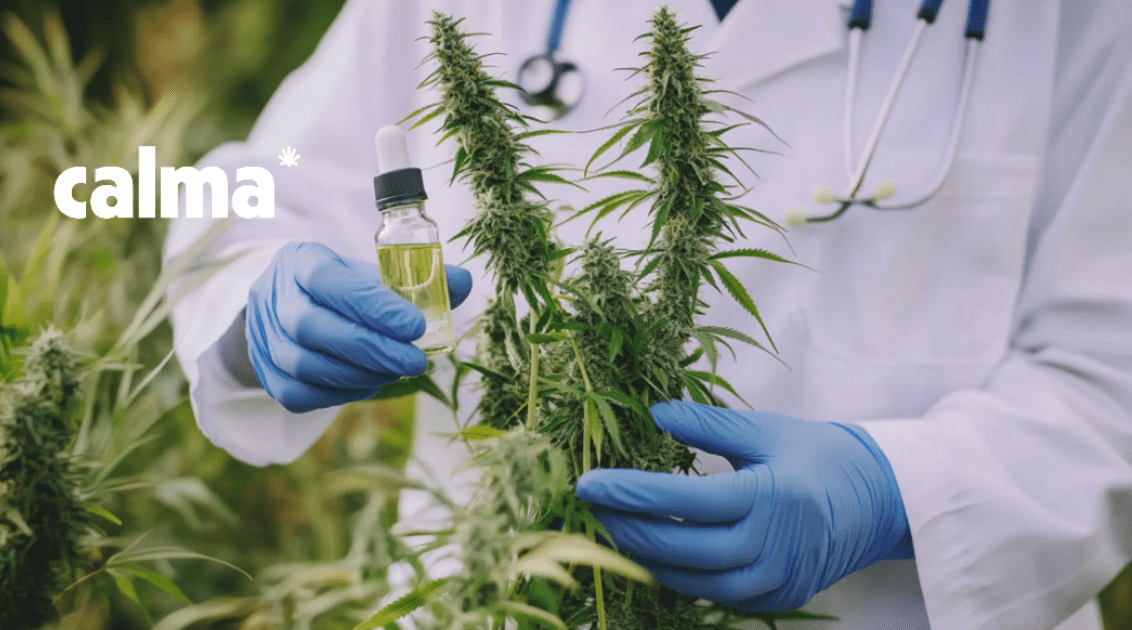
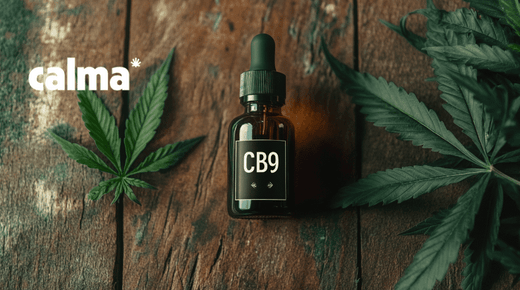


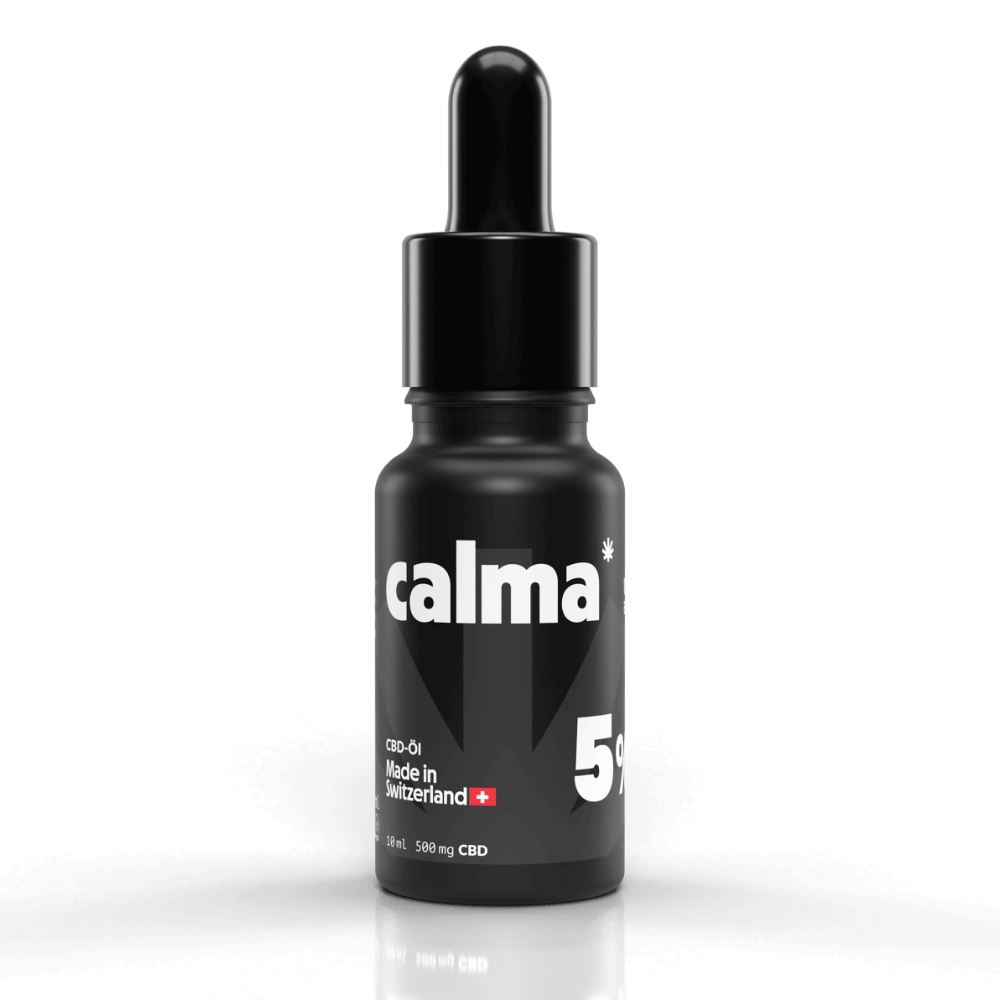
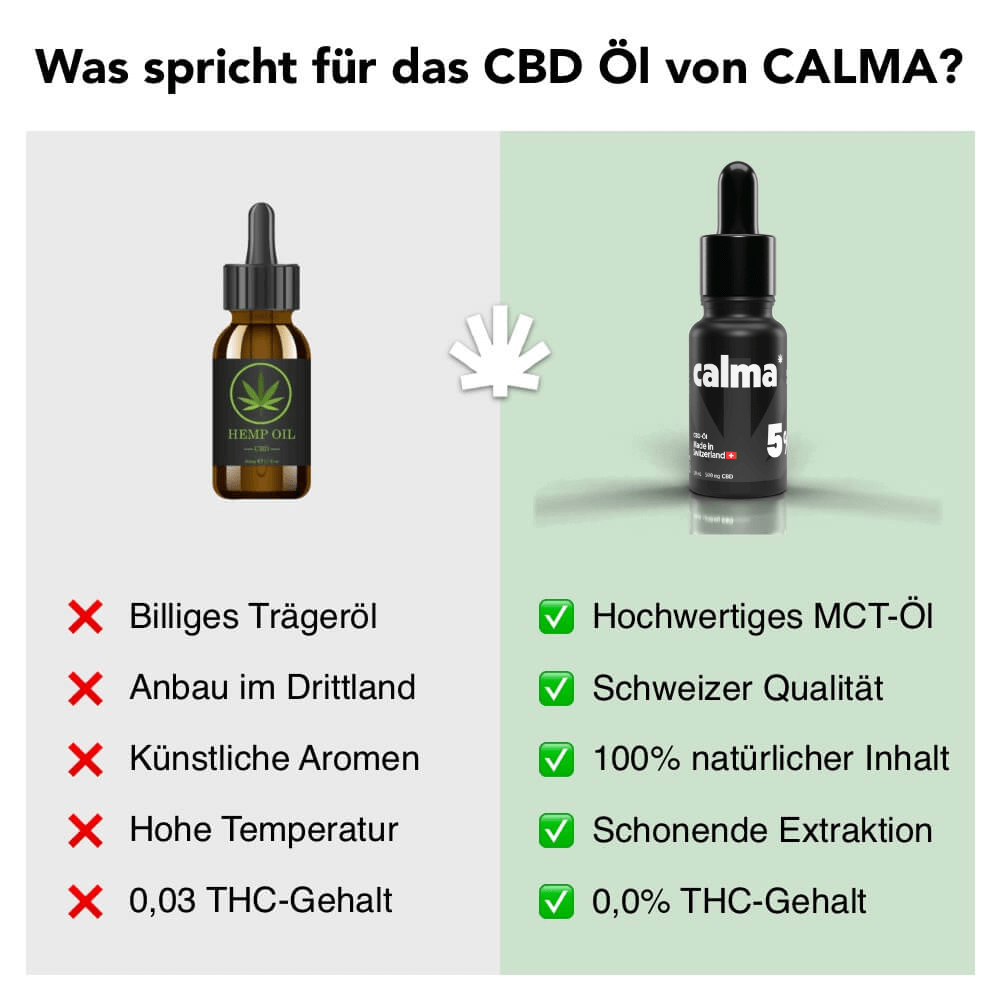
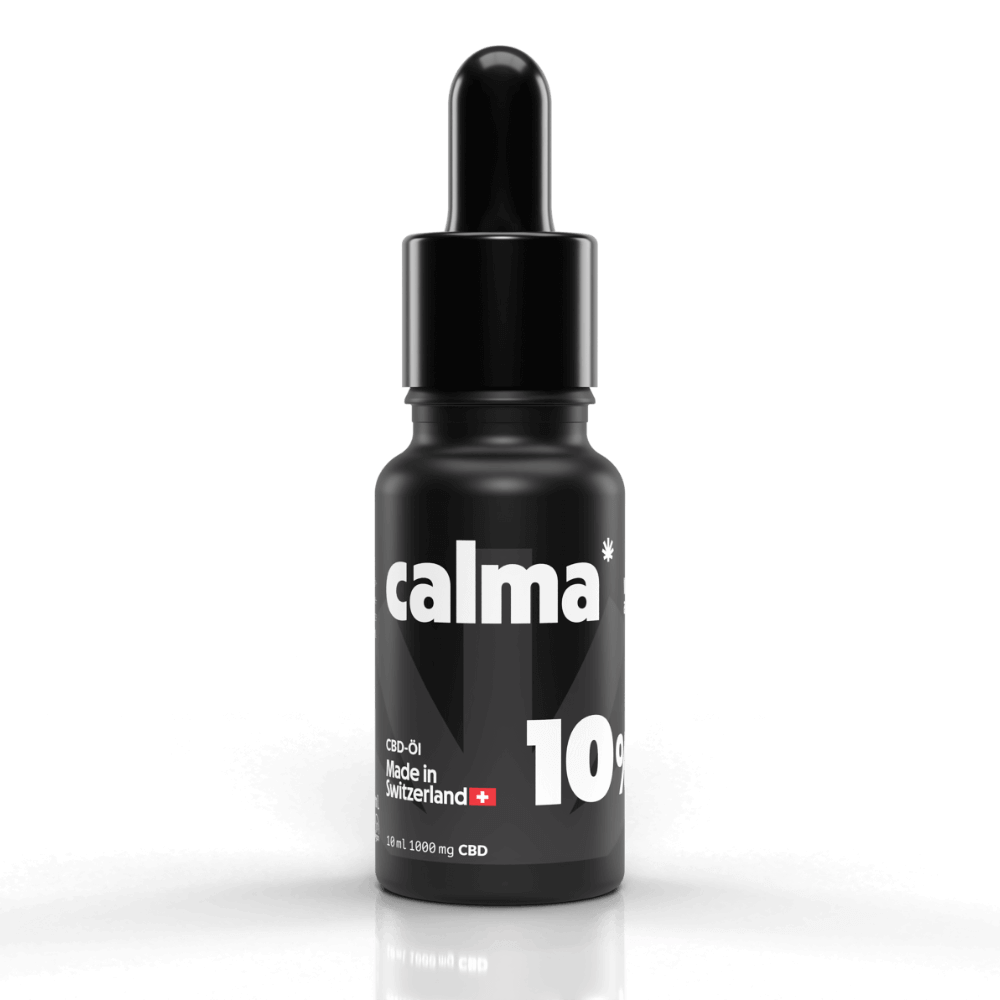
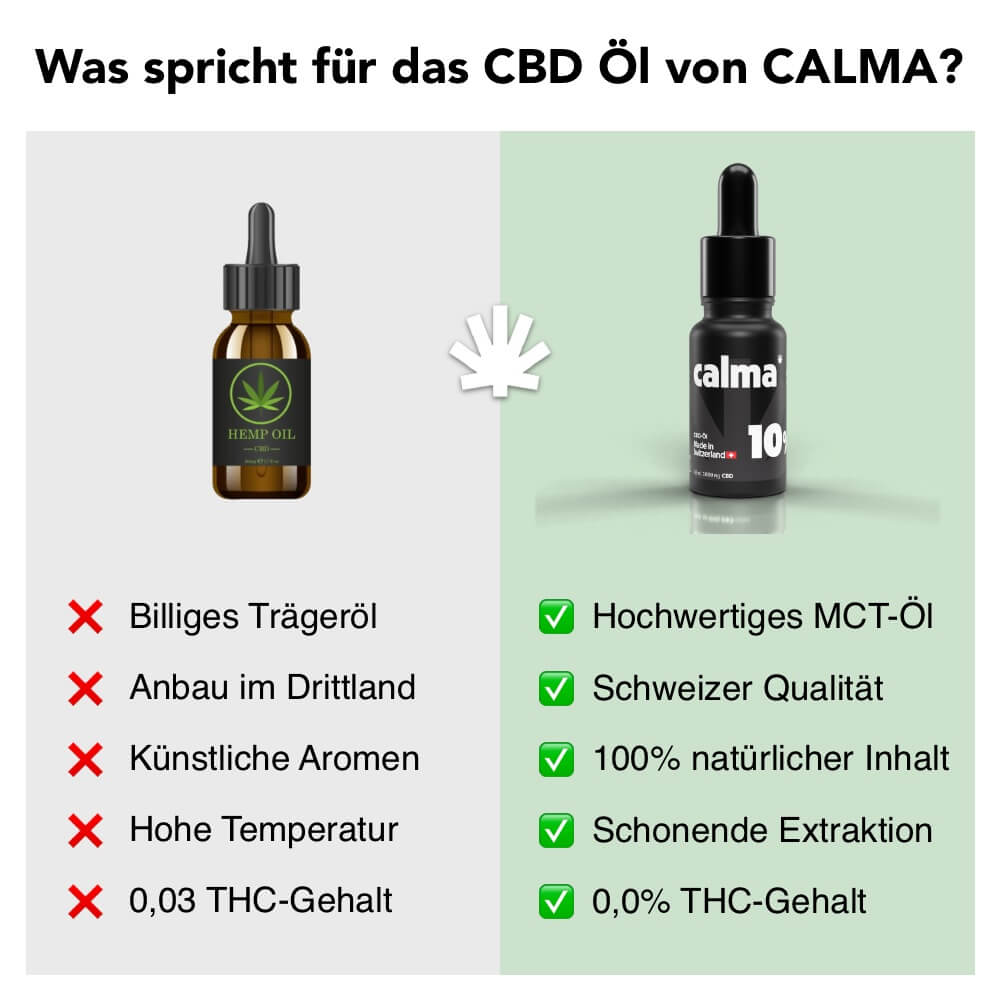
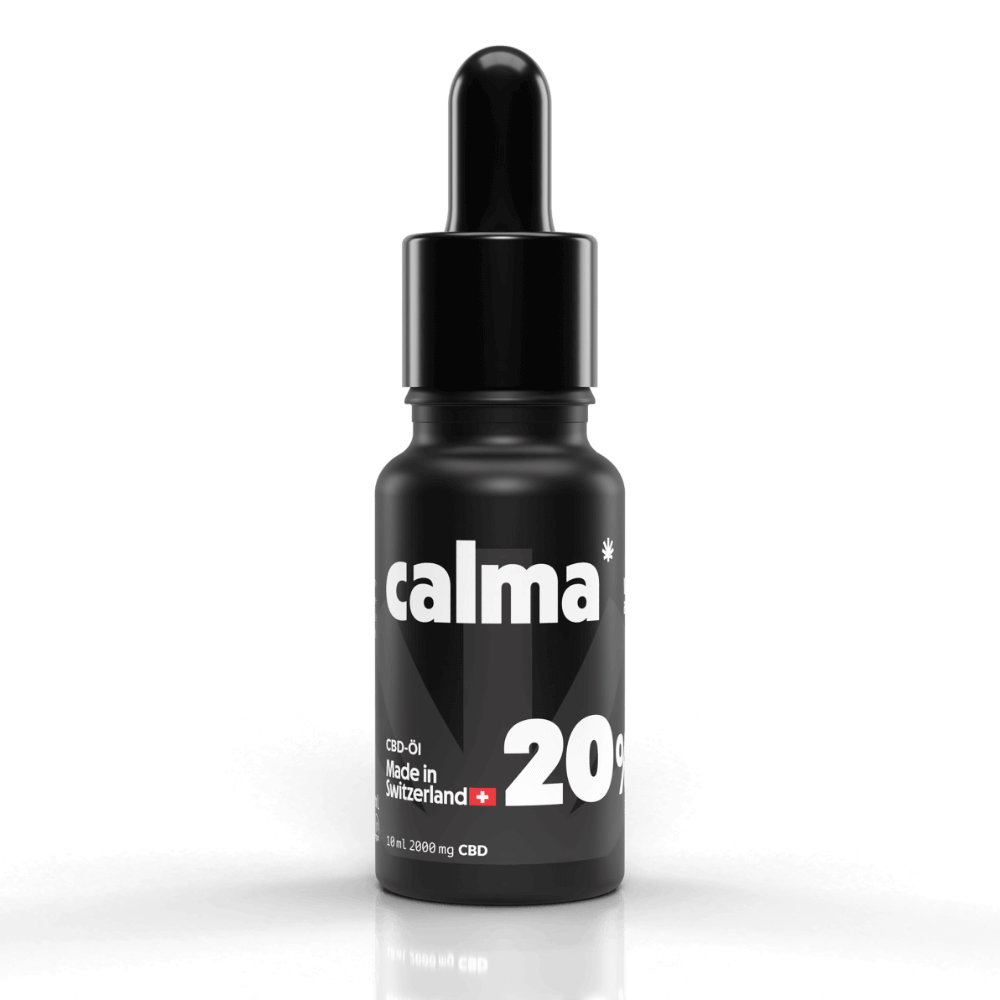
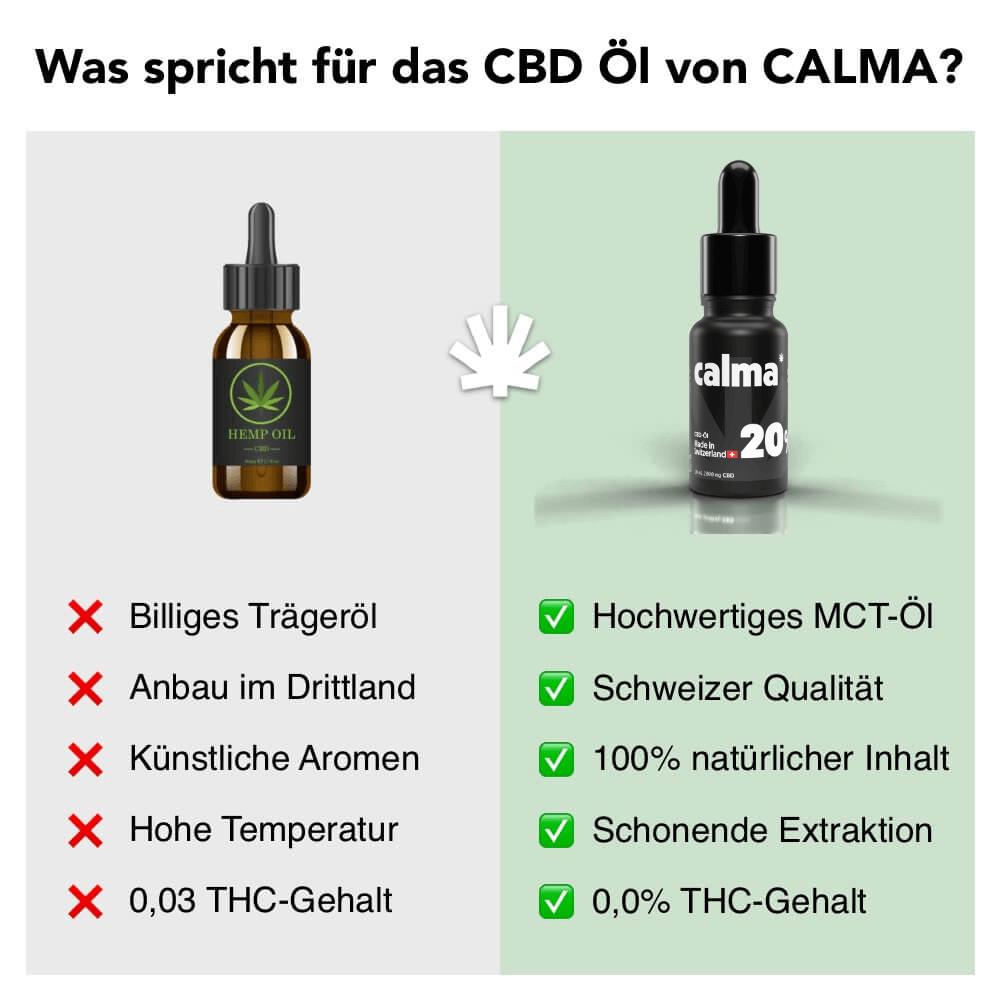
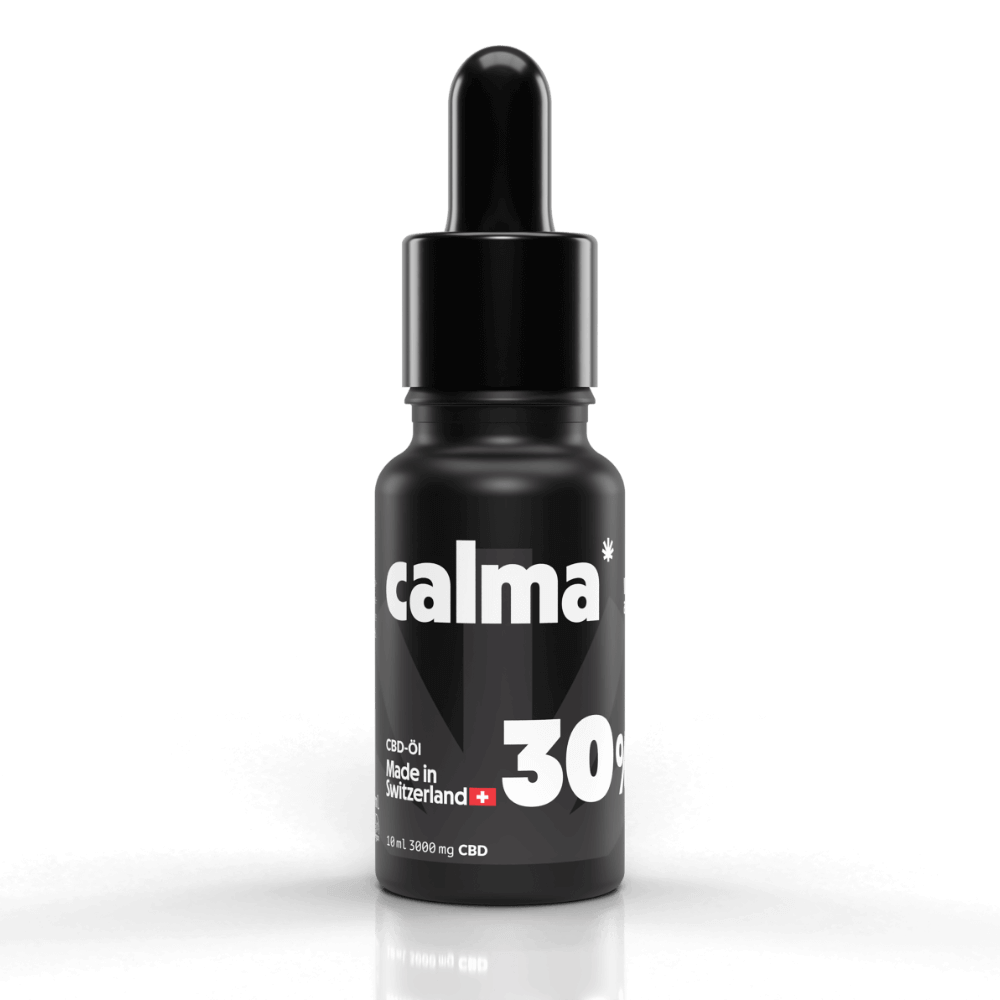
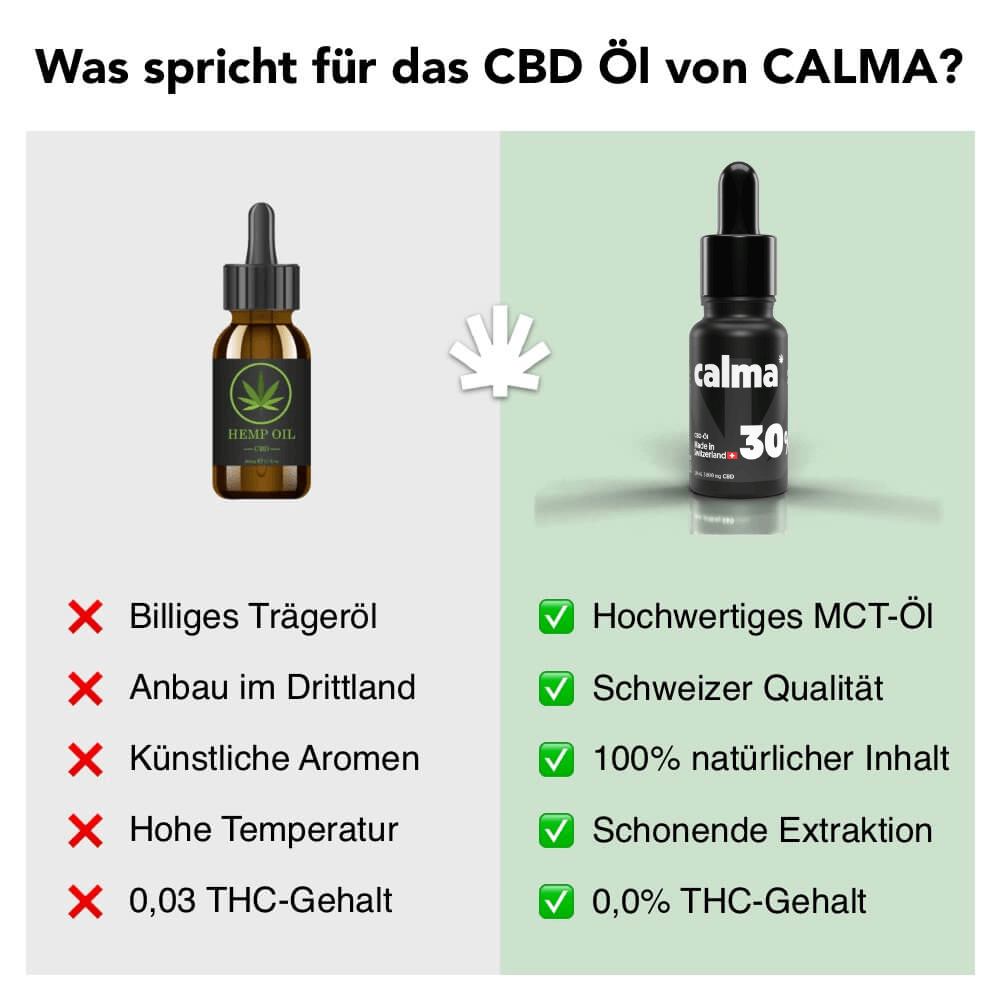
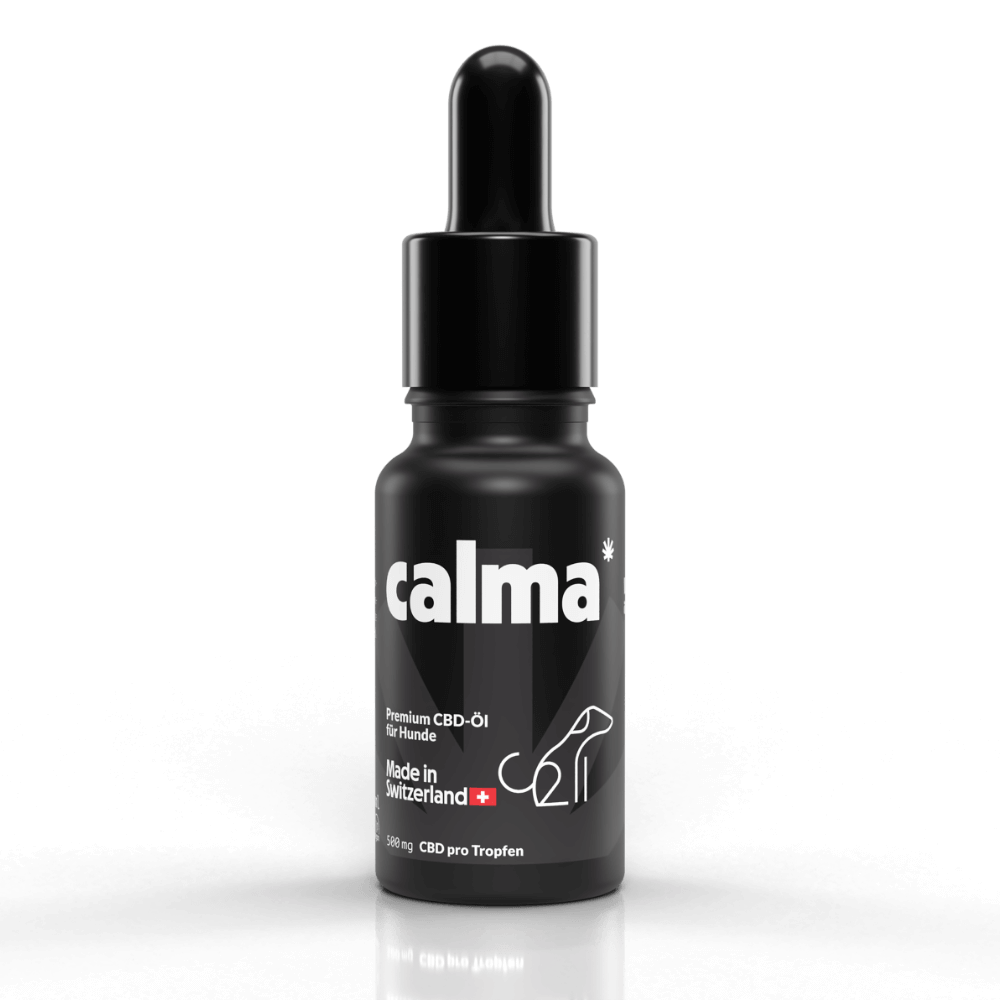
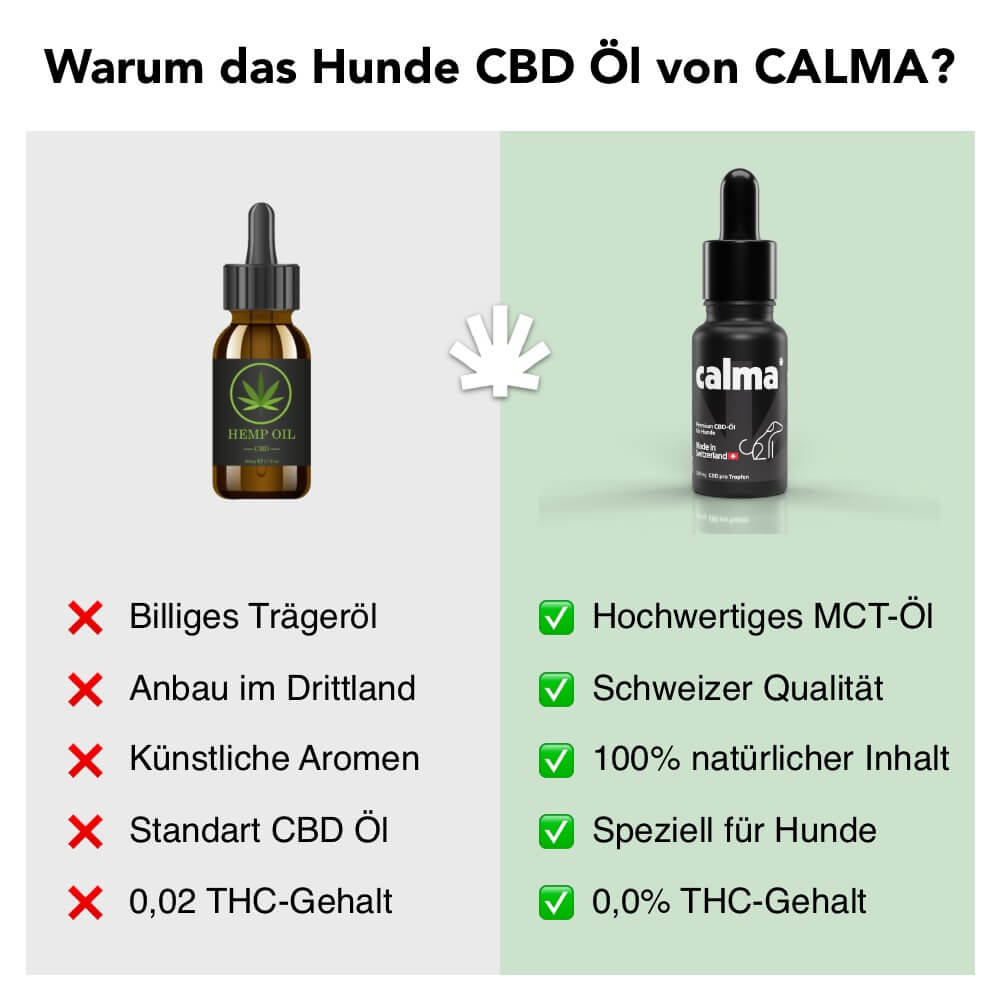
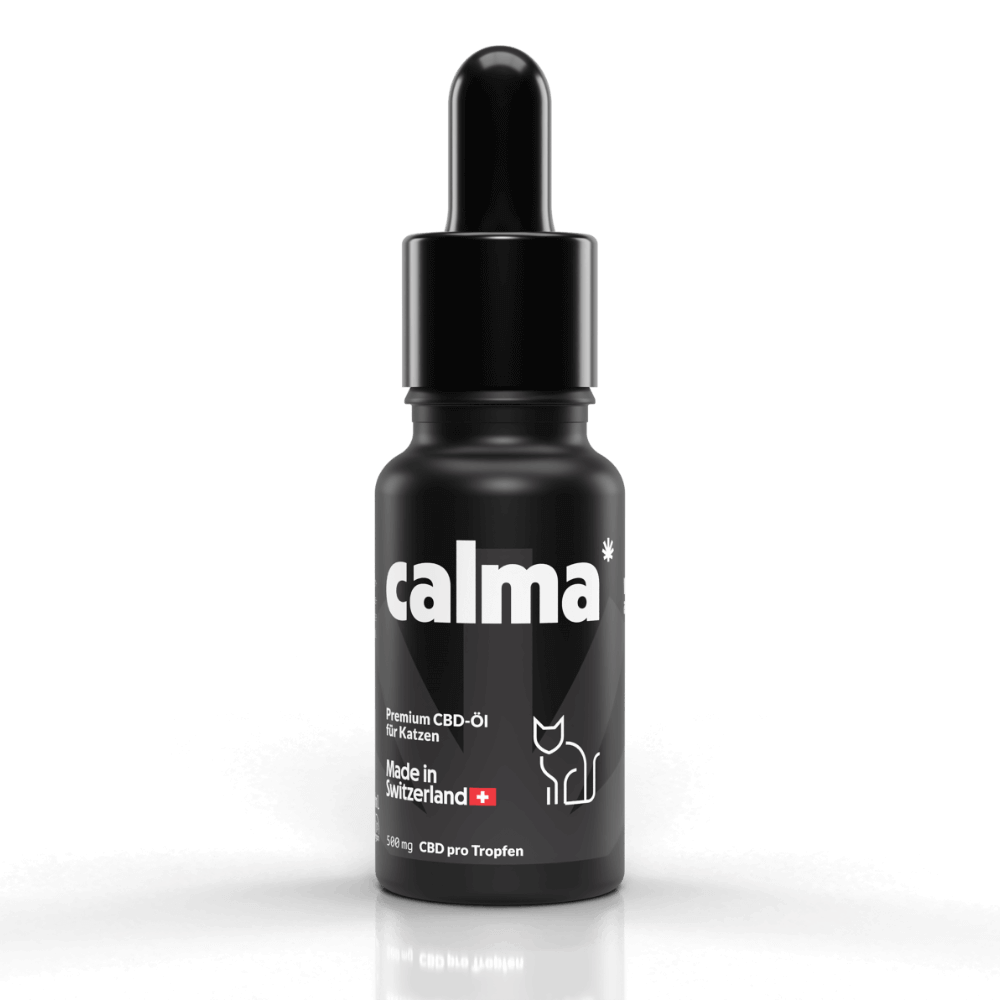
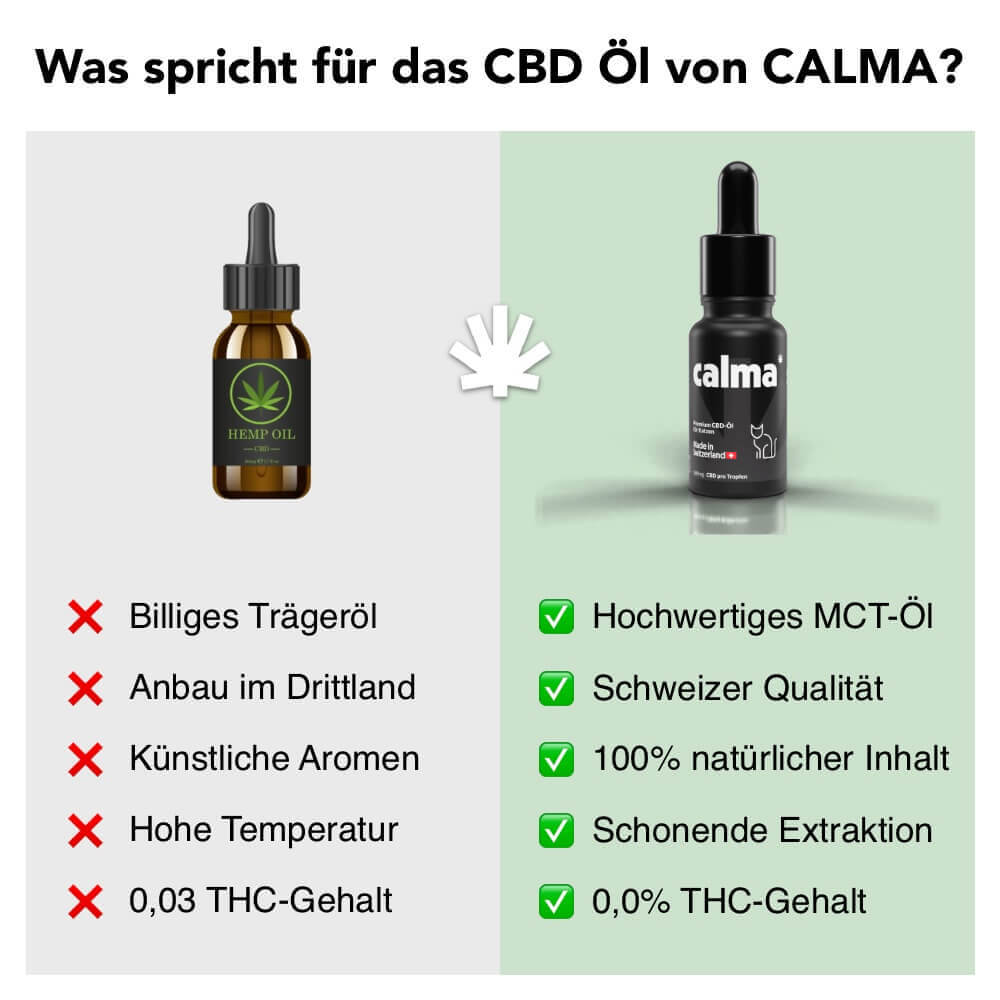
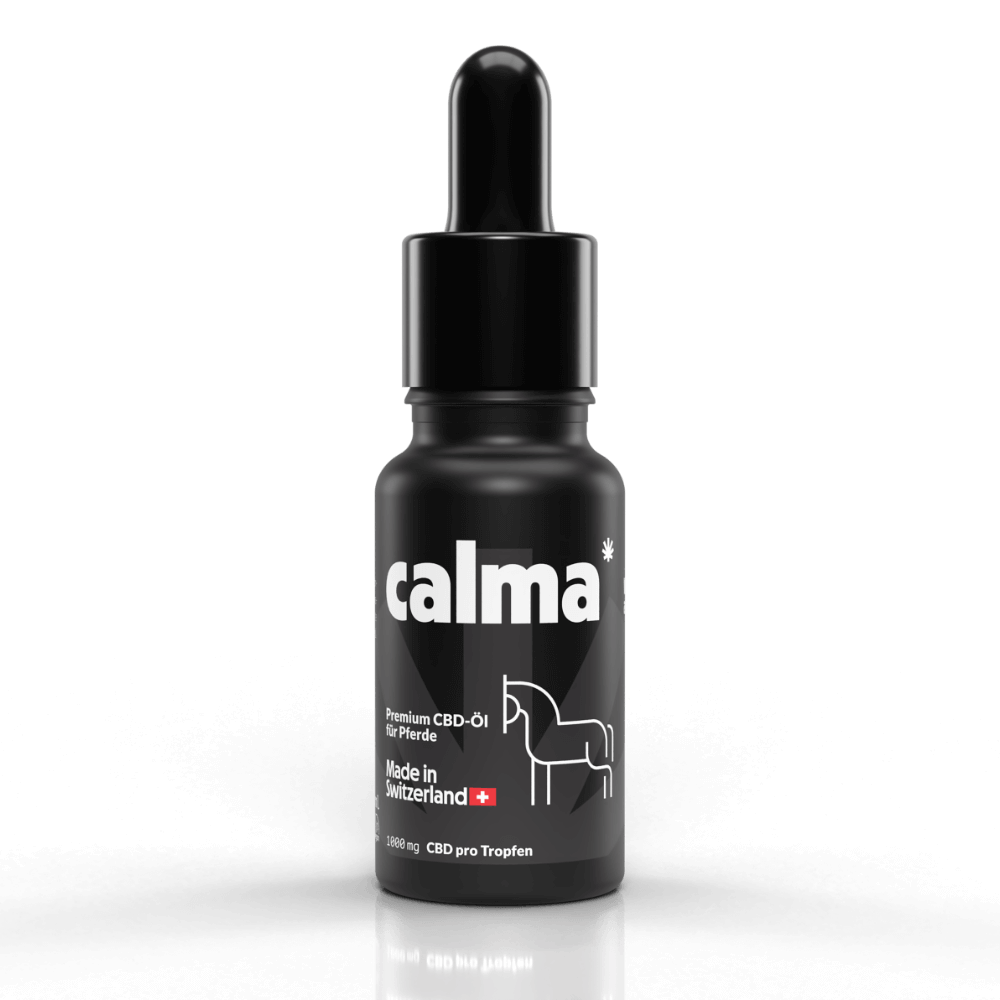
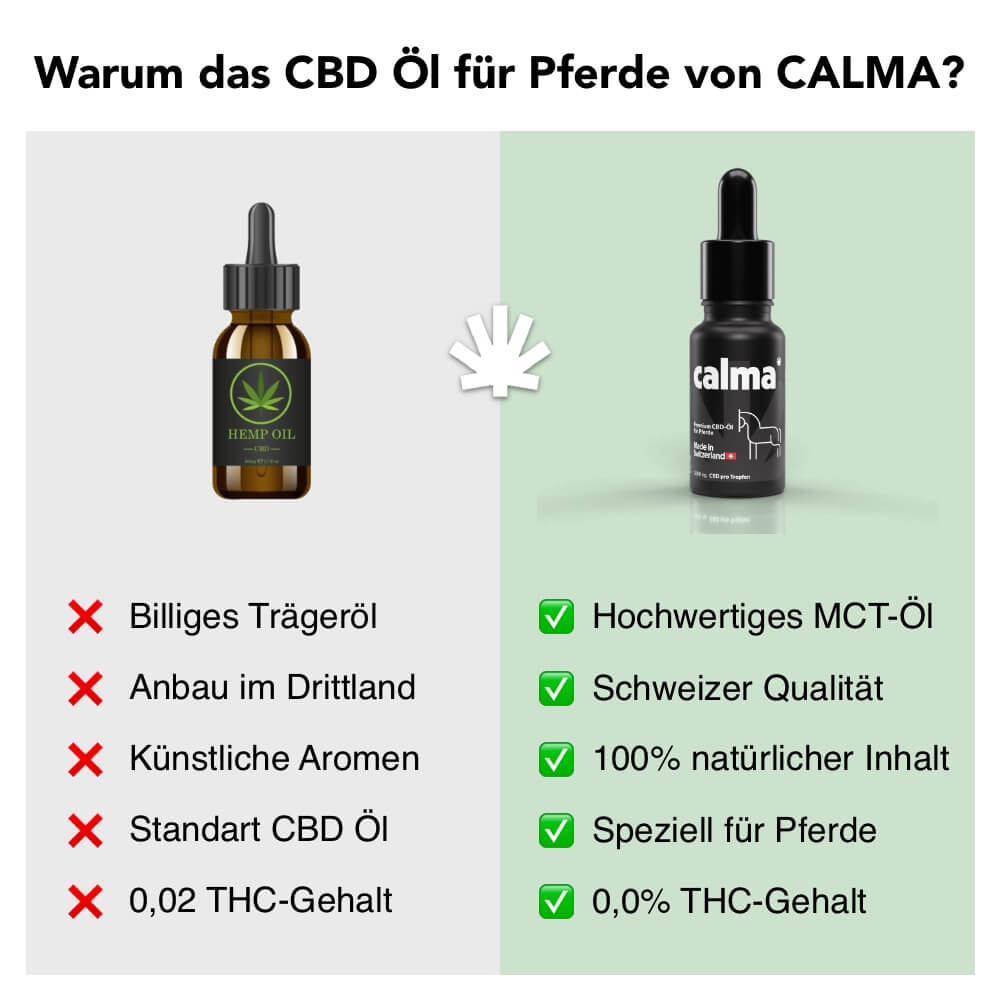
Leave a comment
All comments are moderated before being published.
This site is protected by hCaptcha and the hCaptcha Privacy Policy and Terms of Service apply.